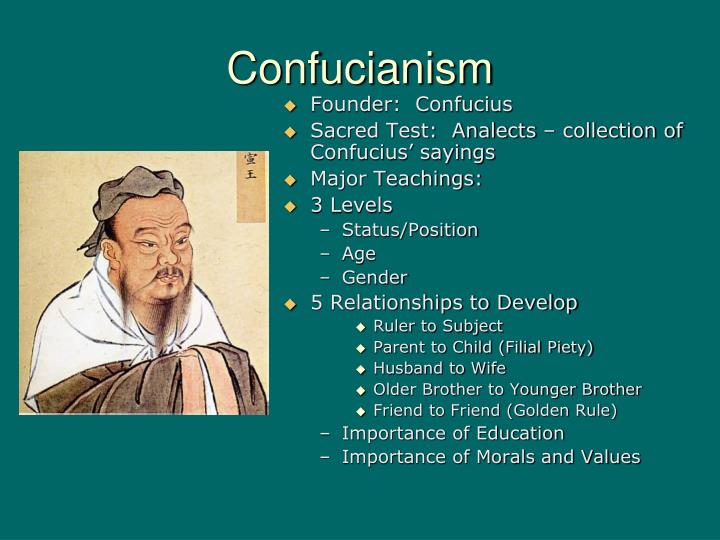

There is nothing inordinately superior about this plan over a traditional plan, but it's the one that we (mostly) live with. American or European culture seems to support the notion that children should leave home, at some point, and make their own way in the world. On the other hand, we don't live in a traditional culture. So, historically there is nothing particularly unusual about you remaining at home with your mother. My guess is that over the eons, many families have remained together into the adulthood of their children and even grandchildren.


You will live your life as you see fit, of course, and you are entitled to do that.Īt least in southern Italian families just a few generations back it was not unusual for one son to remain at home with his mother, for her benefit (assuming the father had died). So, what I'm getting at is that the mantra of life of a Buddhist is almost in some ways similar to the unconditional love a mother endows unto her son or daughter. You have to shut out the negativity of the world, and view it in a positive light to cultivate compassion. Compassion must be cultivated to sustain care but, to be honest, it's a tiring process. Because care is a limited resource and it doesn't self-generate.Īnd, this is where I understand the relationship between compassion and care. People are needy and will eat up all the care in this world so, it's a limited resource, and now I understand why I don't care about my neighbor's son as if he were my own. And, you know what? There ain't fuckin enough of that in this world. Having read a little of feminist philosophy, this would be called "care".

It's as if I fully realize why she cares for me so much. So, he can go have a fig or something.īut, now I realize that I never want to leave my mothers side. He abandoned his fiduciary duty when I was 15, when we moved to another country. He thinks I have passed the age of leaving the nest and will always stay with my mom.īut, you know what? Fuck him. It seems like I will never leave her.īut, what do you call this? Maturity? Disability? Love? Dependency disorder? Usually, by my age siblings leave the nest and are on their own but, I'm grown more appreciative and loving towards my mother. I'm almost a 30 year old man living with his mother, and I wake up every morning feeling like a kid with his mother. Nowhere can you find the unconditional love a mother grants a (particularly) a son or daughter. What happens when our beloved changes radically and loses the very features that caused us to love in the first place? John and Ken talk unconditionally with Lynn Underwood, editor of "The Science of Compassionate Love: Theory, Research and Applications.I've been taking a more feminist outlook on society, and there's nothing out in society that compares to the love a mother grants to her herd or sheeple. According to Corinthians 13, “Love is patient, love is kind and envies no one.” But is love always unconditional? Should it be? If unconditional love means that we love no matter what our beloved’s actions or traits are, doesn’t that suggest we should love everyone in this way? If not, how do we select just a few to love unconditionally? Perhaps the feeling we reserve for those we cherish most in the world is better described as selfless rather than unconditional love, in which case we are confronted with another challenge.


 0 kommentar(er)
0 kommentar(er)
